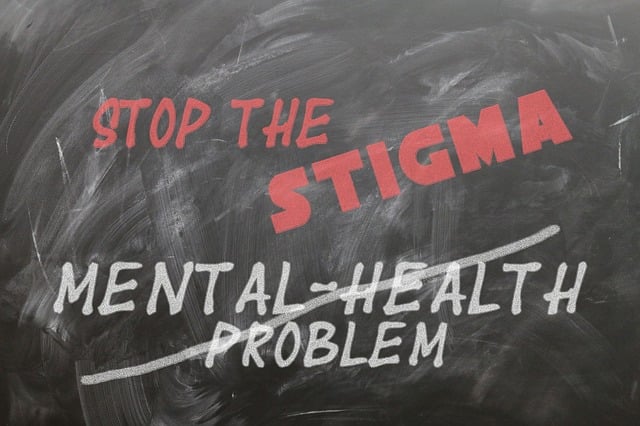
When it comes to recovery from mental health challenges, seeking help is often a necessary step. However, the stigma surrounding mental health can prevent individuals from seeking the support they need. This is especially true for those facing psychosocial challenges, which can be particularly isolating and difficult to manage.
Psychosocial recovery focuses on the social and psychological aspects of mental health, which are often intertwined. It involves addressing the ways in which an individual’s environment, relationships, and life experiences impact their mental well-being, as well as developing coping mechanisms and self-care strategies to support ongoing recovery.
Unfortunately, societal stigma surrounding mental health challenges can make it difficult for individuals to seek help for psychosocial recovery. This stigma can be especially prevalent in communities of color, where cultural norms may discourage seeking outside help for mental health concerns. Additionally, the fear of being judged or ostracized can cause individuals to feel ashamed of their struggles and hesitant to reach out for support.


However, it’s important to remember that seeking help is a sign of strength, not weakness. No one should have to face their struggles alone, and there is no shame in needing assistance to overcome challenges. By seeking support for psychosocial recovery, individuals can begin to address the root causes of their challenges and develop the tools they need to manage their mental well-being over the long-term.
In conclusion, the stigma surrounding mental health challenges can make it difficult for individuals to seek help for psychosocial recovery. However, it’s important to remember that seeking support is a sign of strength and there are many resources available to help individuals on their journey towards recovery. By addressing the root causes of their challenges and developing effective coping strategies, individuals can achieve lasting mental well-being and lead fulfilling lives.
